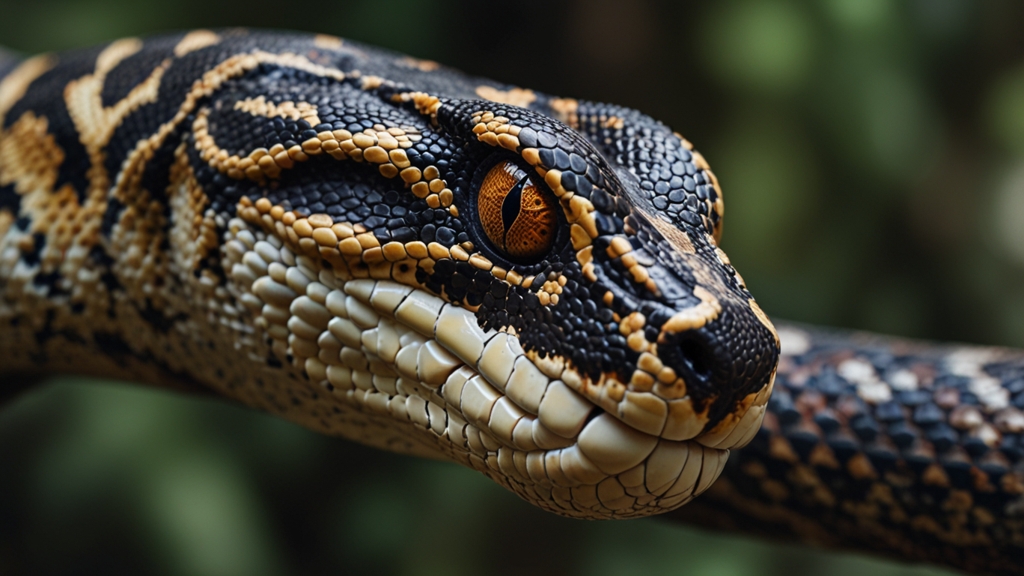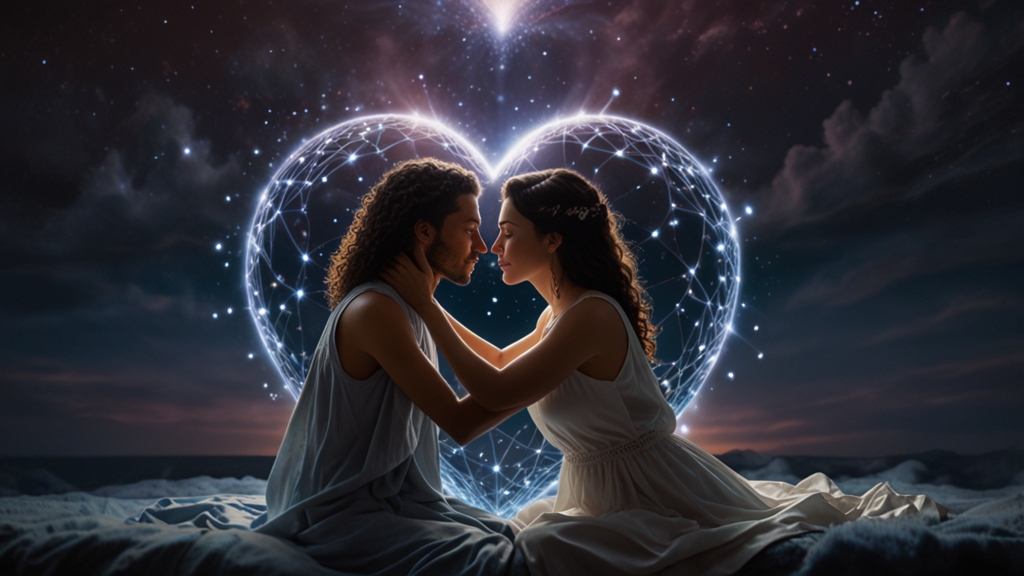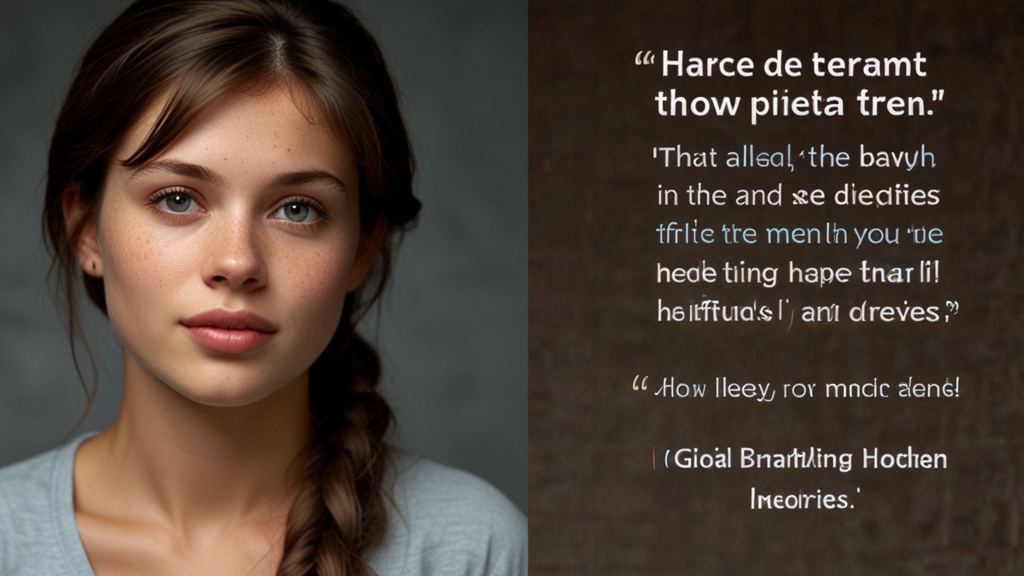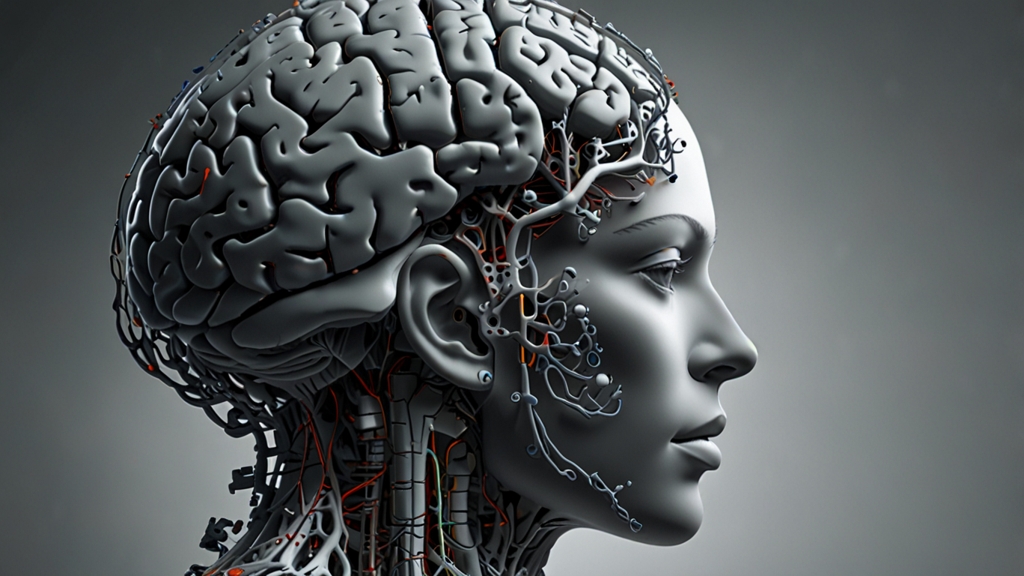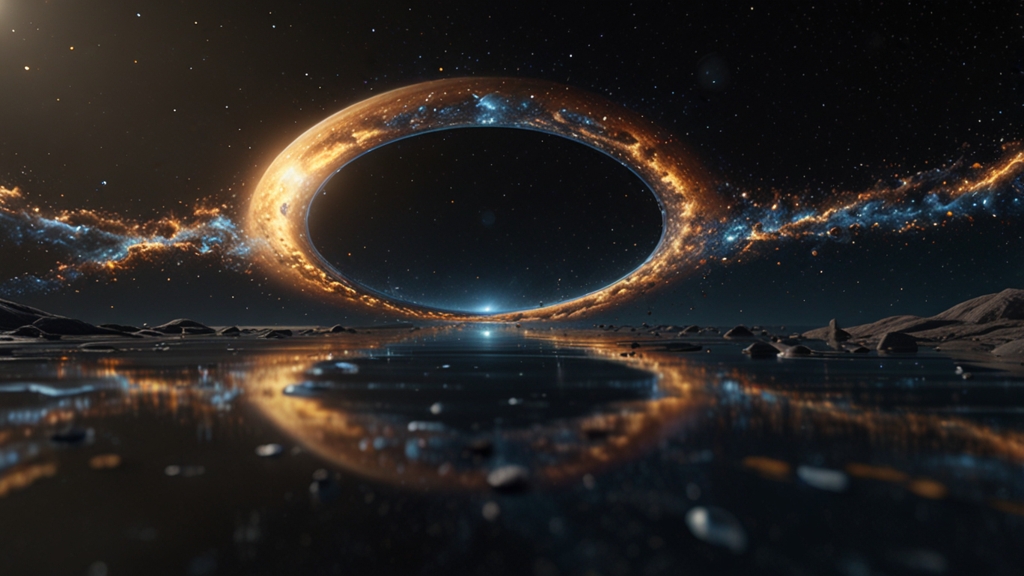The Dark Side of Creation Stories You Never Knew Existed
Creation stories are a cornerstone of human culture. They offer insights into how ancient civilizations viewed the origins of the universe, the Earth, and humanity itself. Often filled with themes of growth, prosperity, and divine guidance, these narratives serve to bind communities together around shared beliefs. However, lurking beneath the surface of these seemingly uplifting tales are elements of darkness—stories of suffering, destruction, and malevolence that challenge the more benign interpretations of creation myths.
The Primordial Chaos
One of the recurring themes in creation myths across various cultures is the concept of primordial chaos. Before creation can occur, there is often a state of disorder or void. In Greek mythology, for example, Chaos is the initial state from which the first gods, like Gaia (Earth) and Uranus (Sky), emerged. This primal chaos is not merely an emptiness but a kind of malevolent force that must be conquered or transformed in order for the cosmos to take shape.
Violence in Creation
Many creation stories include acts of extreme violence. In Norse mythology, the world is created from the body of the giant Ymir, slain by the gods Odin, Vili, and Ve. His blood forms the seas, his flesh the earth, and his bones the mountains. This brutal act of dismemberment is not unique to Norse myths; the Babylonian epic Enuma Elish describes how the god Marduk slays the ocean goddess Tiamat and uses her carcass to create the universe. These violent actions may symbolize the chaotic forces that had to be subdued to forge a habitable world.
"From ancient bloodshed to divine wrath, the creation myths of our ancestors reveal a world where violence was deemed necessary for the birth of order and life."
The Role of Deception
Deception is another dark element that features in various creation narratives. In the Japanese myth of Izanagi and Izanami, the first male and female deities, tragedy strikes as Izanami dies during childbirth. Izanagi visits the underworld to retrieve her but breaks his promise not to look at her, discovering her decomposing form. Upon fleeing, Izanagi deceives her with a stone barrier, condemning her to the land of the dead forever. Similarly, in the Hebrew Bible, the serpent’s deceit leads to the fall of Adam and Eve in the Garden of Eden, setting the stage for human suffering and mortality.
Divine Retribution
Many cultures’ creation stories involve themes of divine retribution and punishment. In the Hindu tradition, the god Vishnu takes the form of a boar to rescue the Earth, submerged in cosmic waters by the demon Hiranyaksha. This rescue is not just a heroic act but also a divine retribution against evil entities. The notion of gods punishing humanity or demonic forces can be found in various other myths as well, from the flooding of the Earth in the Epic of Gilgamesh to the plagues inflicted upon the Egyptians in the book of Exodus.
"Divine retribution serves as both a narrative tool and a moral lesson in ancient myths, illustrating the consequences of defying divine will or natural order."
Existential Dread
Creation myths often reflect existential fears and human vulnerability. In some variations of the Australian Aboriginal Dreamtime stories, the Rainbow Serpent creates the world and its inhabitants but can also bring destruction if offended. In these stories, creation and annihilation are closely intertwined, emphasizing the precarious nature of existence. This duality can be unsettling, reminding us that the forces that bring life are also capable of taking it away.
The Impact on Modern Perceptions
The dark elements present in creation stories have a profound impact on modern perceptions of these myths. While they are often sanitized in popular retellings, the original narratives provide a deeper and more complex understanding of human nature and the universe. These stories remind us that creation is not a simple act of divine benevolence but a multifaceted event involving struggle, sacrifice, and sometimes, darkness.
From acts of primordial chaos and violence to themes of deception and divine punishment, the creation stories of various cultures reveal a side of mythology that is rarely discussed but deeply ingrained in the human psyche. By acknowledging these darker aspects, we gain a richer appreciation of the complexities involved in the tales that have shaped human civilization for millennia.
"Embracing the dark side of creation stories allows us to confront our own fears and understand the dualities that govern life and existence."
Next time you delve into a creation myth, remember to look beyond the surface. In the depths of these ancient stories lie lessons about chaos, order, and the eternal balance between light and darkness.
